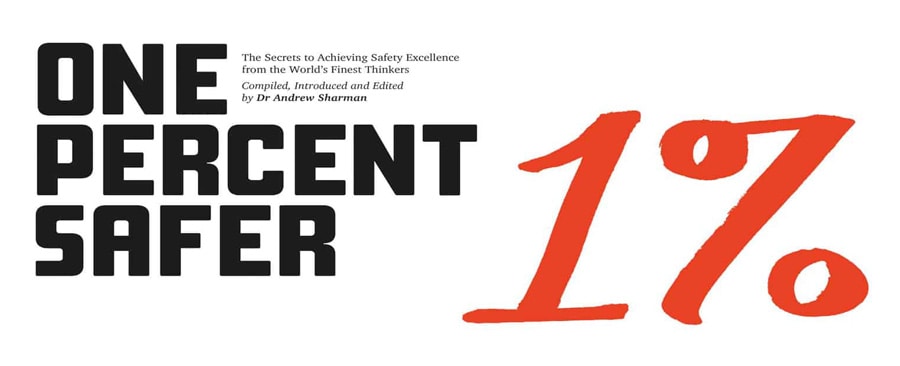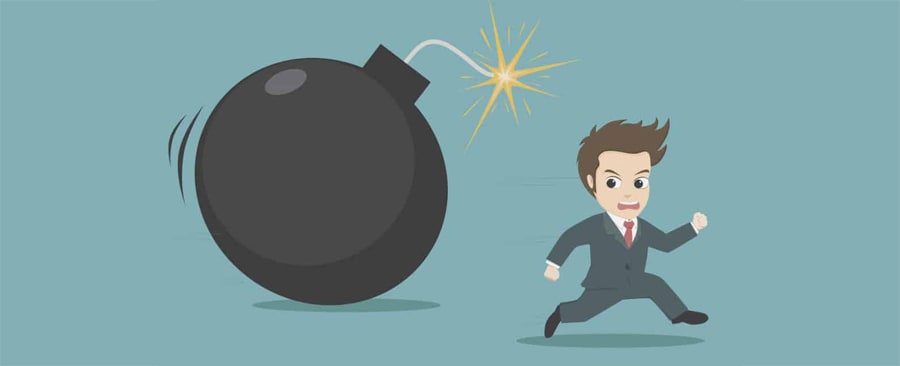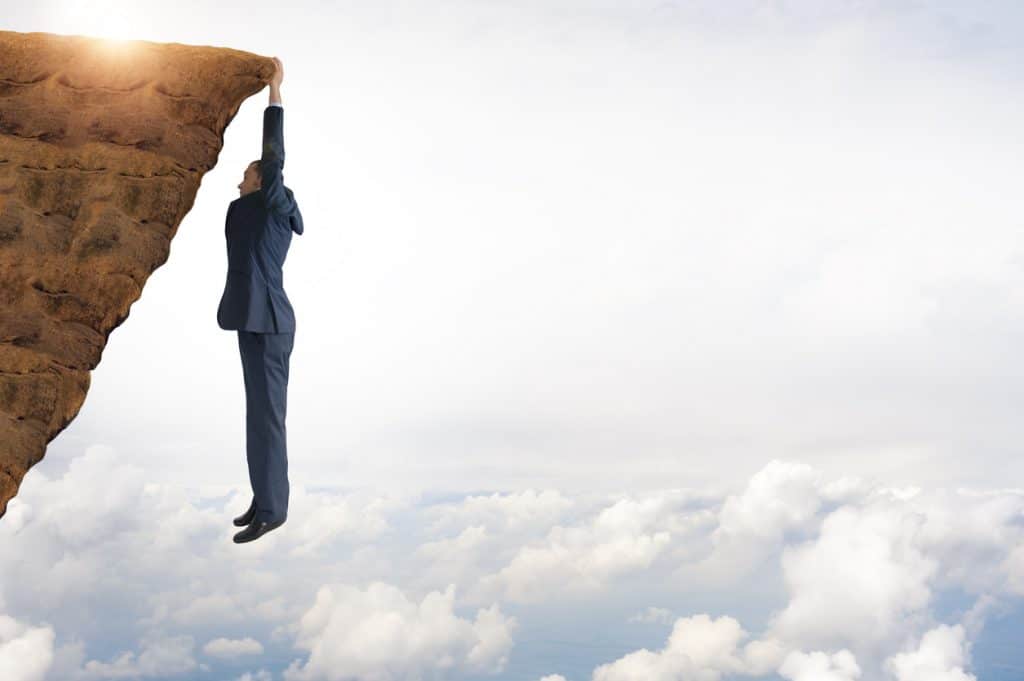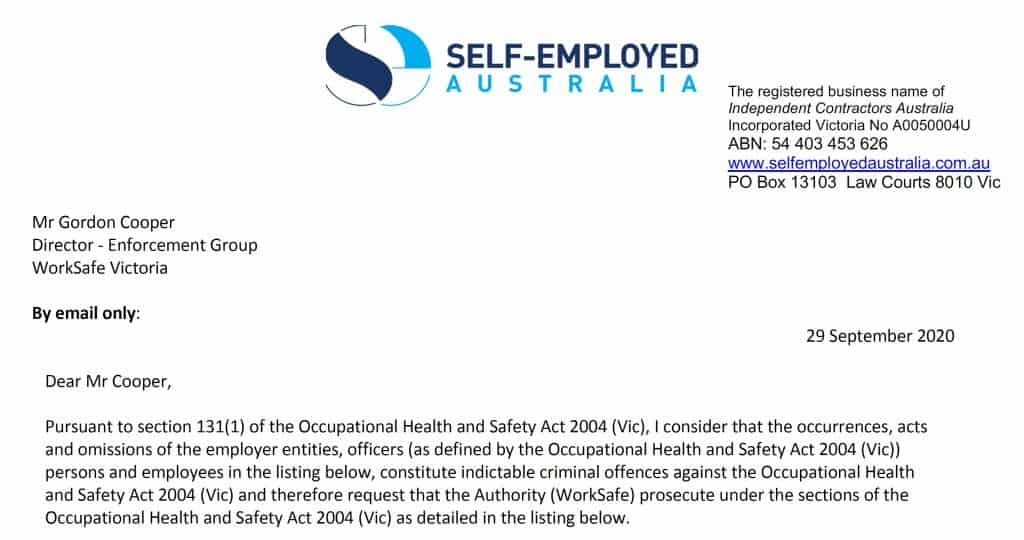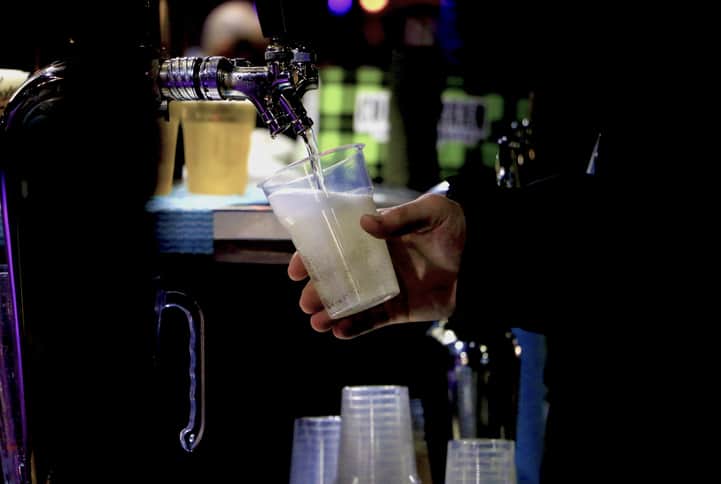
Hospo Voice, a trade union for Australian hospitality workers has released a report on a survey of more than 4000 workers between March and June 2020. #RebuildHospo: A Post-Covid Roadmap For Secure Jobs In Hospitality has all the limitations of other surveys done by members of an organisation rather than independent research but this report offers a framework for safe and decent work that reflects many of the occupational Health and safety (OHS) that SafetyAtWorkBlog has reported on.
The union claims that hospitality workers endorse four important work elements:
- Secure jobs,
- End to wage theft,
- Safe and respectful workplaces, and
- Justice for migrant workers
OHS has a thin presence in this report, mainly discussed in that third bulletpoint but an integrated analysis would show that OHS is involved with more of the elements.



